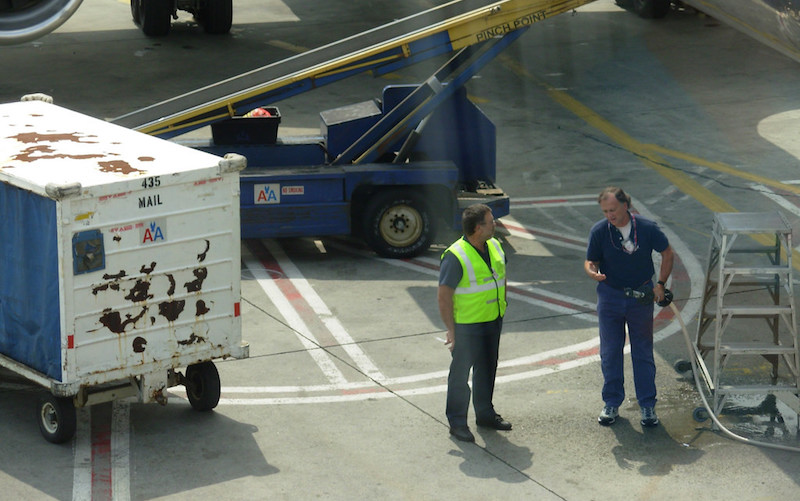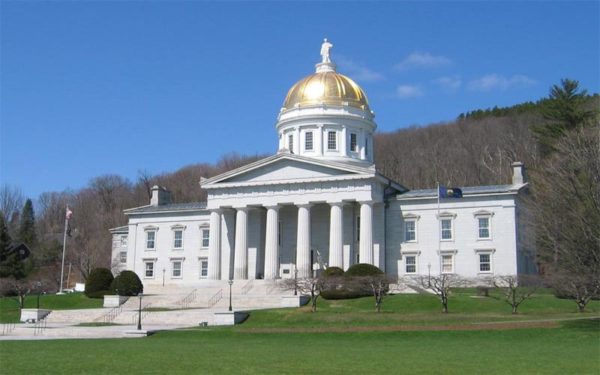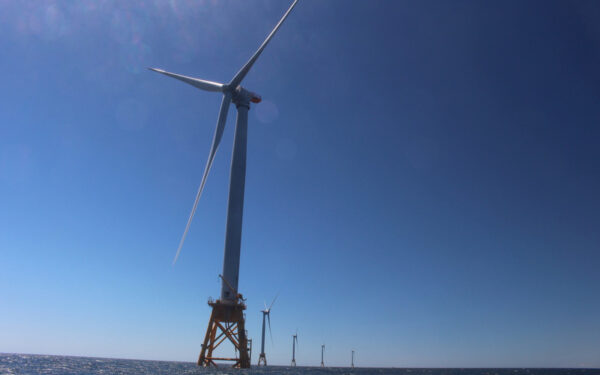
Passenger traffic at Logan has increased dramatically since a parking space cap was enacted more than 40 years ago. A landmark new agreement will help ease parking constraints and ensure travelers have more convenient and clean options for getting to and from the airport. Photo: Flickr user srice13
In May, CLF and Massport reached a landmark agreement aimed at improving public transit access in Boston as well as cutting air and carbon pollution in the city and surrounding communities. Through the agreement, Massport, which owns Logan Airport, agreed to offset a large parking expansion at the airport with an impressive list of transit improvements.
These commitments include, among others, doubling the number of Silver Line vehicles to make it more convenient to take public transit to the airport, increasing capacity on the Logan Express bus service by 10 percent, offering free T access for certain airport employees so they can leave their cars at home, adding more electric vehicle charging stations to airport garages, and electrifying Logan’s ground-service equipment over the next 10 years.
Massport also agreed to two studies. The first will look at the effectiveness of variable-rate pricing at the airport. However, it’s the second that is in the spotlight today, as reported by this morning’s Boston Globe. This study will look at whether or not imposing a fee on drop-offs and pick-ups at the airport can help ease the growing traffic congestion there. Over the last 40 years, passenger volumes at Logan have risen 220 percent, creating traffic jams that are inconvenient to both travelers and locals, as well as compromising the local air quality for those of us living in communities surrounding the airport.
With traffic growth in and out of Logan showing no signs of slowing down, we can’t ignore any solutions with the potential to save passengers time while also curbing the air and climate pollution associated with frequent drop-offs and pick-ups. Passthrough rates have been put into effect in other busy airports and it is prudent to at least explore the potential impacts of a similar program here in Boston.
There is no doubt that Massport is facing a major challenge in managing ground transportation to the airport as passenger volumes increase. Our goal is that, through this multi-pronged approach, we can boost public transit and ride-share options for city and suburban residents, while also addressing the concerns around greenhouse gas, soot, and smog emissions that burden residents of neighboring communities.




